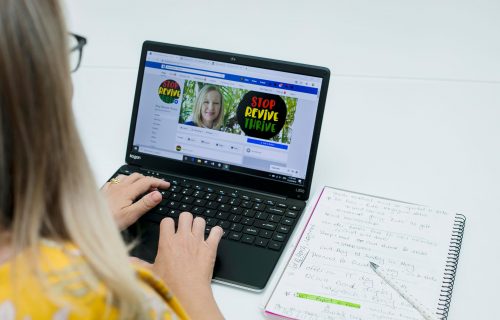
Adult Learning in a digital world
Transfer of learning for adults is not automatic and must be facilitated. Coaching and other kinds of follow-up support are needed to help adult learners transfer learning into daily practice so that it is sustained.
Speck (2006, pg 36)
Knowles’ (1984) theory of andragogy (the art and science of teaching adults) is an attempt to develop a theory specifically for adult learning. He posed five andragogical assumptions of the adult learner:
- Self-Concept: As a person matures, he or she moves from dependency to self-directness.
- Experience: Adults draw upon their experiences to aid their learning.
- Readiness: The learning readiness of adults is closely related to the assumption of new social roles.
- Orientation: As a person learns new knowledge, he or she wants to apply it immediately in problem solving.
- Motivation: As a person matures, he or she receives their motivation to learn from internal factors
Adults need to focus more on the process and less on the content being taught. I have found in my own practice, that strategies such as case studies, role modelling, simulations, and self-evaluation are most useful. I endeavour to adopt the role of facilitator or resource rather than ‘teacher’ or administrator.
Adults like to be in control of their own learning and will resist learning activities they believe are an attack on their competence. Thus, professional development needs to give participants some control over the what, who, how, why, when, and where of their learning. I like to clearly explain why specific things are being covered in my workshops.
Reflection is critical in adult learning and it appears in all professional development frameworks. It is good practice to build as much reflection as possible into a program, especially for long term project rather than one off PD. For example, I might ask workshop participants to do some reflection on
- what they expect to learn prior to the experience,
- what they learnt after the experience, and
- how they might apply what they learnt in the future, or how it will help them to meet their learning goals.
To be most effective, adult learners need to see that the professional development learning and their day-to-day activities are related and relevant. I often use the yard stick of ‘if they must get something concrete that can be used back in the office tomorrow’ as a measure of the usefulness of my presentations.


Add A Comment